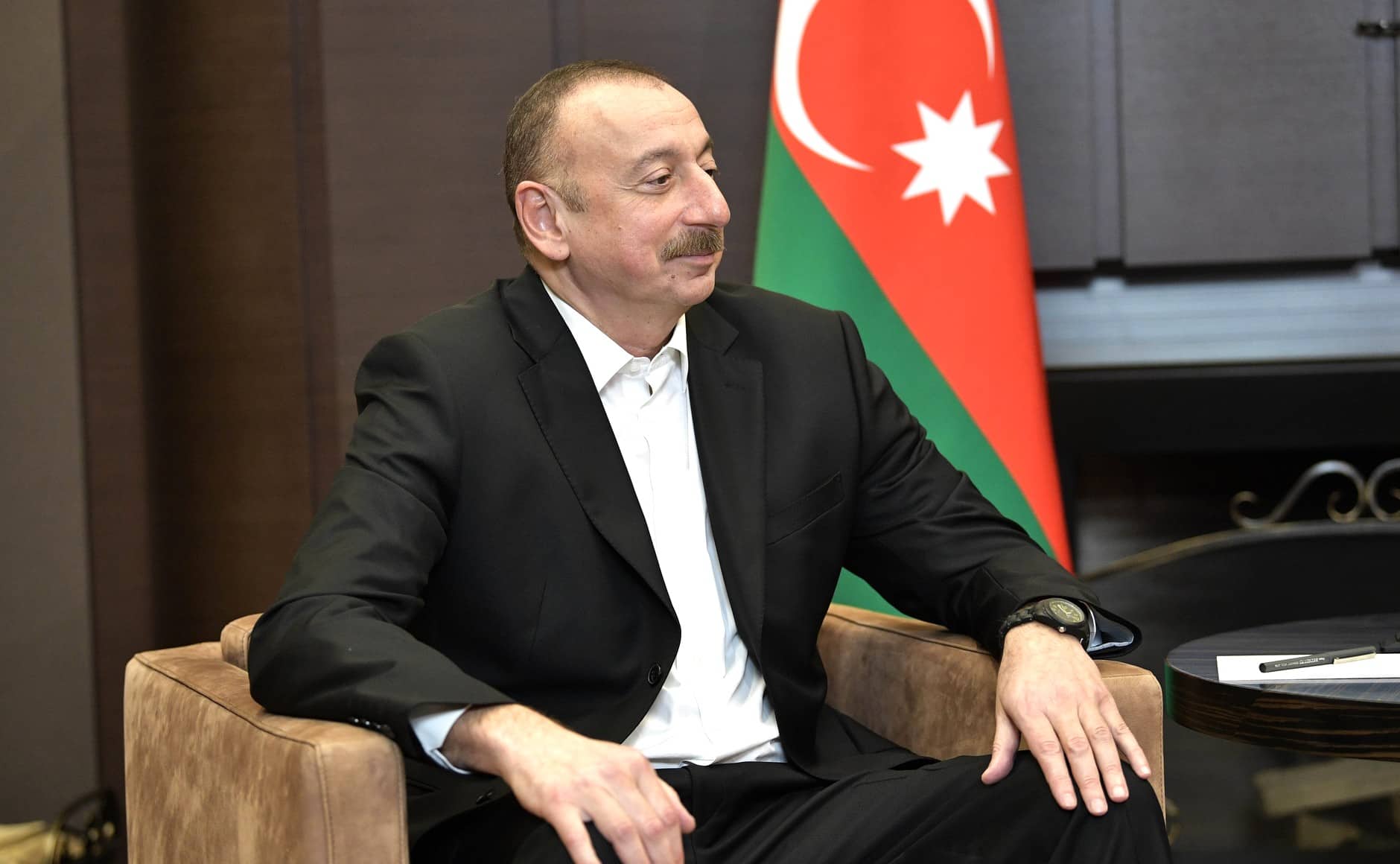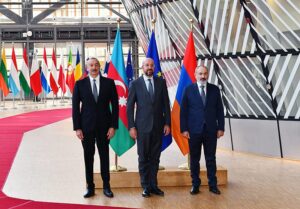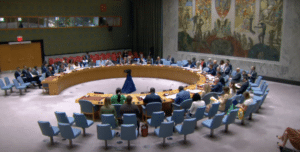President Ilham Aliyev secured a fourth seven-year term during the presidential elections that took place on April 11th. The incumbent president received 86% of the votes according to preliminary results. None of the other seven candidate polled above 3%. The voter turnout was 75%. The elections were widely seen as a forgone conclusion. Multiple opposition parties and movements had boycotted the election out of protest. The election was called early by the president, sidelining any leftover opposition in the country. Aliyev has long cracked down on any opposition. In the last years he systematically jailed political opponents and silenced independent media outlets. With these moves Aliyev cemented his rule until at least 2025.
No choice
Under the leadership of Aliyev (since 2003) and his late father Heydar Aliyev (1993-2003), Azerbaijan has been ruled as authoritarian patronage state with the Aliyev family on top of the pyramid. Through a façade of elections, referendums and democratic institutions the regime has managed to hold on to power. Since the 2016 referendum the president holds unprecedented constitutional powerHe can appoint a vice president (potential successor, currently his wife Mehriban), suspend parliament and call early elections.
While in January it was announced that the elections would take place in October, in February Aliyev suddenly moved the elections to April 11th. The marginalized opposition reacted with outrage. The National Council of Democratic Forces (NCDF) and Musavat party called for a boycott of the elections. Like all opposition parties in the country, the NCDF and Musavat didn’t stand a chance. In the 2013 presidential elections, the NCDF candidate became the runner-up with only 5% of the votes.
Ilgar Mammadov, leader of the opposition Republican Alternative (REAL) movement, is widely held as the only viable alternative to Aliyev as a result of Mammadov’s network, experience and political force behind him. However, the potential opposition candidate has been jailed since 2013 on charges of illegal public gatherings. He is not the only one: Aliyev’s regime is widely known for harsh crackdowns on any dissent, with many opposition politicians, independent journalists and other government critics in jail or harassed by the authorities.
Electoral incidents
In the highly controlled environment voter fraud seemed to have been widespread. Azerbaijan’s Central Election Commission (MSK) installed web cameras at more than 1,000 polling stations, claiming that this would make “the activity of the commission […] transparent to voters.” However, the live streaming cameras caught several suspicious incident in which even MSK members seem to engage in voter fraud. One video showed how MSK members appeared to have switched a ballot box. In other instances, MSK members didn’t react to dubious or flatout fraudulent incidents in polling stations, making it possible for others to stuff ballot boxes and vote multiple times at different polling stations. Based on these kinds of incidents, the opposition party National Council of Democratic Forces claimed that only about 15 percent of the electorate voted instead of the reported 75% by the MSK
The MSK stated that the elections went superbly. The commission attacked several media outlets, especially the Berlin based Azerbaijani Meydan TV, for claiming otherwise. ‘’ Some social media forces who are interested in casting a shadow on democratic and transparent elections […] disseminate false information that are not true and are not based on the facts.’’ Meydan reacted to the allegations that Azerbaijan not only targeted independent media with words, but also physically. Several journalists were Reportedly intimidated, denied access to polling stations and one journalists was even assaulted.
International reactions
The election led to criticism abroad. Political emigres in Berlin went to the streets to protest the election in front of the Azerbaijani embassy, carrying banners with text such as: ‘’the family of dictators’’. The OCSE also criticized the elections, citing the extremely controlled environment in which they took place. The organization noted that the elections weren’t competitive nor free through the lack of independent media in the country. Nonetheless at the time of this writing Western countries haven’t condemned the elections, their conduct or their outcome.



